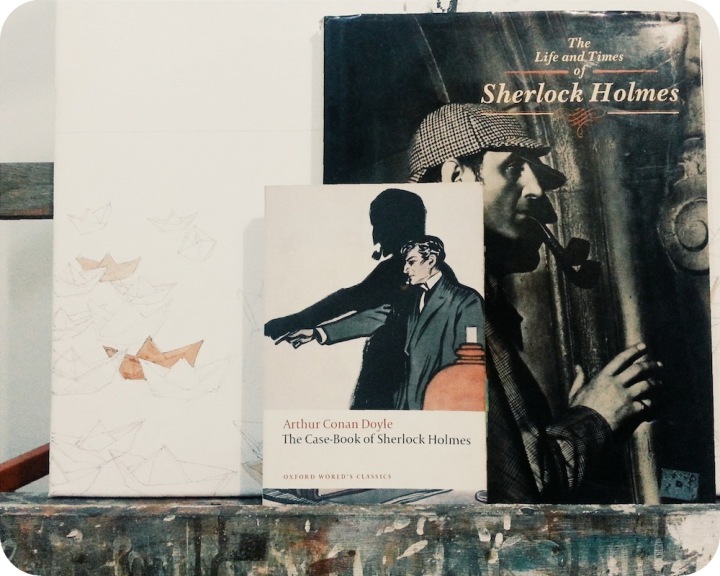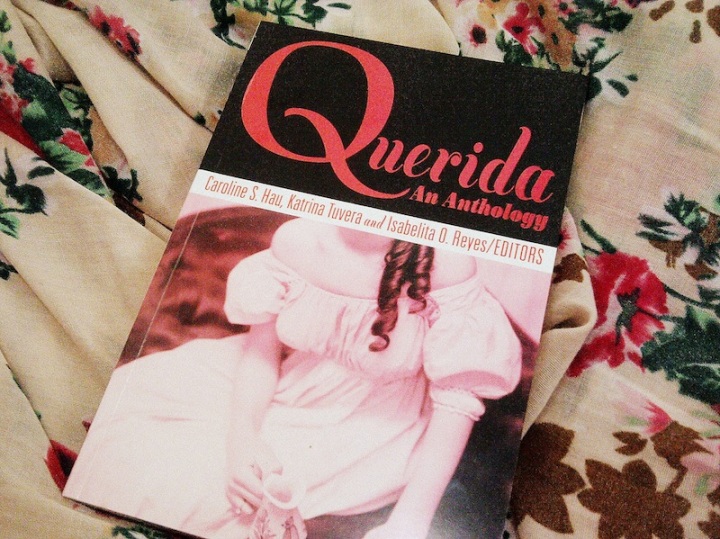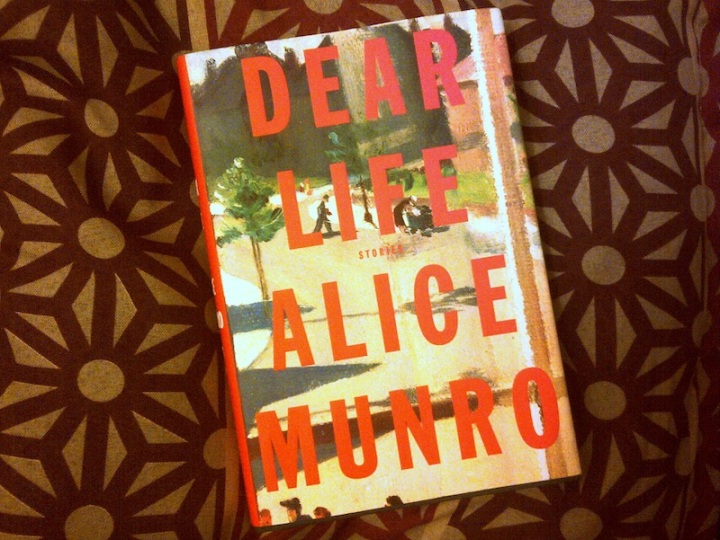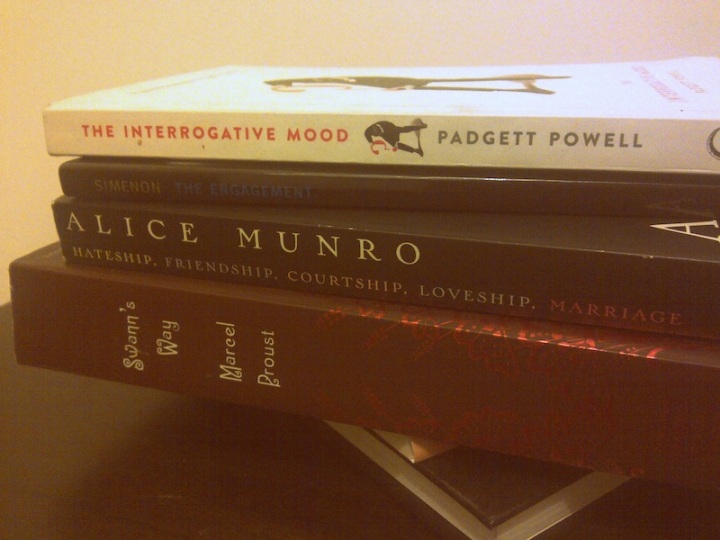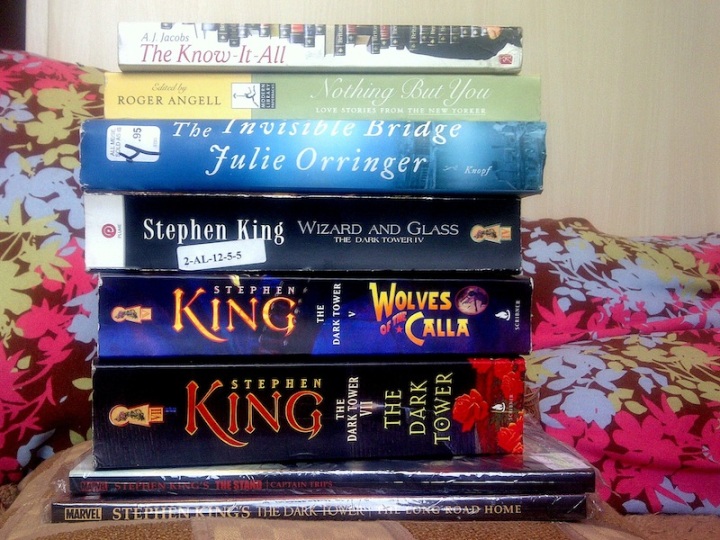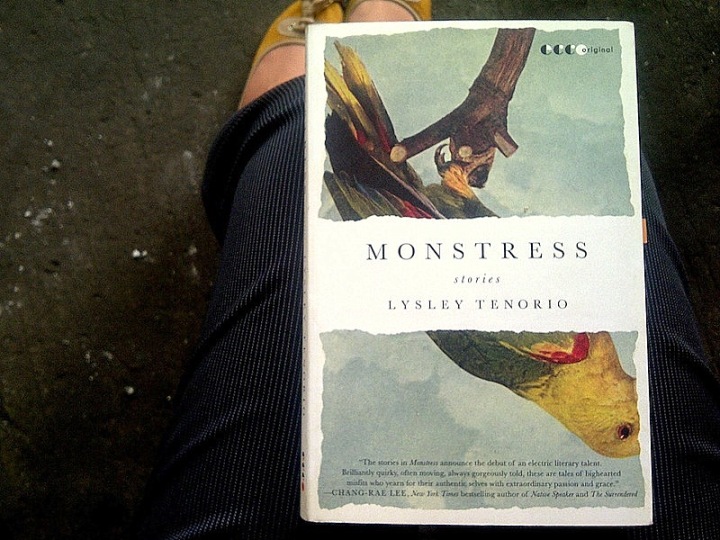
The noticeable ambivalence to questions of nationality is what allows Tenorio’s short stories to freely focus on the outliers that people his stories. Race and sense of place, the politics of leaving and of staying gone-too-long—are relegated to simply being among the many circumstances that make life a pain in the ass to live. The country one was born in is simply an inherent part of one’s character—one that, via Tenorio, willfully shuns preeminence. Yes, itt’s the color of one’s hair, the tinge one’s skin takes in high summer, the hardness of one’s consonants—the fact that, at a certain era, one couldn’t enter a bar through the front door. And it’s up there alongside figuring how to kiss someone onscreen for the first time, after a career of having “gouged, bitten, clawed, stabbed”; alongside watching one’s grandfather scoop chicken liver from the sidewalk, glimpsing the white on the crown amid the haphazardly applied dye; alongside learning how to make a habit of hiding in the garage as a child, waiting for one’s too-young, too-beautiful sister to return from her date with a no-good asshole. [Continue reading.]


